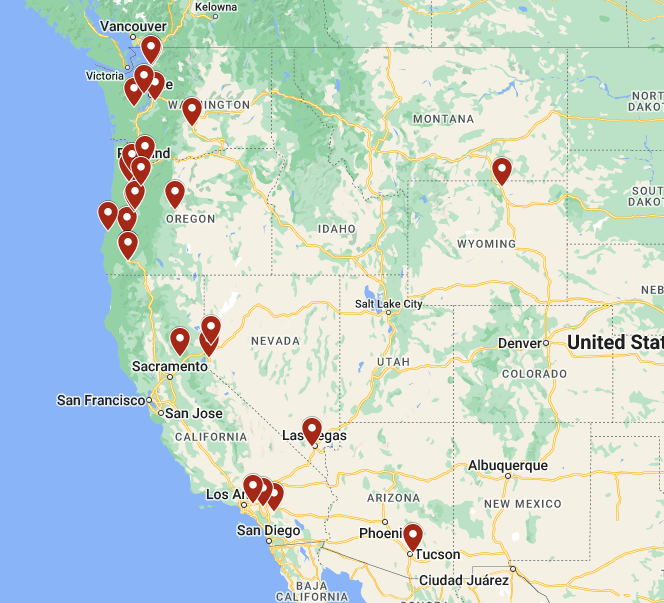

The Real Costs of Alzheimer’s and Dementia.
The cost of caring for people living with Alzheimer’s or other dementias is substantial. In fact, according to the Alzheimer’s Association®, dementia is one of the costliest conditions that impact society. But the true memory care costs that come from caring for a loved one with memory loss go well beyond the cost of healthcare, often impacting the personal, financial, emotional and physical well-being of the family caregiver.
The Financial Impact — By the Numbers.
Caregivers of people with dementia provided an estimated 16 billion hours of unpaid assistance.
16 billion hours is equal to approximately $271 billion in unpaid care.
Not counting unpaid care, the national cost of dementia care is projected to reach $321 billion.

The Unexpected Costs of Caregiving.
Family caregivers of loved ones with memory loss require more time off work (or they quit altogether), have higher out-of-pocket costs, face a greater risk of injury and experience higher levels of stress and depression compared to those caring for loved ones with no memory issues. Alzheimer’s and dementia caregivers spend on average nearly $5,000 more on their own healthcare costs largely due to the higher level of stress.
There is no cure for dementia, and the burden of care often falls on the shoulders of a family member.

Is Memory Care a Solution?
Providing care to a loved one with memory loss can be overwhelming as the memory loss progresses. As the behavior challenges become greater, so do the care requirements. Safety is an issue. It is estimated the average family acaregiver spends an average of 24 hours per week providing care — and a great many more hours worrying. Memory care can be a solution.
In addition to 24-hour support (and peace of mind), memory care communities have specially trained staff members who provide life-enhancing services, person-centered care and research-based programming in a safe, secure setting.

Approximately 2/3 of caregivers are women; 34% of them are ages 65 and older.
The Cost Of a Memory Care Community.
The monthly cost of memory care varies depending on the amount of care required, the location of the community, the services and amenities offered and the size of the living space. In addition to accommodation, the monthly memory care costs typically cover 24/7 care and support, all meals, programming and more. At Cascade Living Group, rent includes:
- Oversight and care provided 24/7 by a specially trained team
- Licensed nurse oversight of personal service plans
- Emergency alert systems
- Mosaic Memory Care programming
- Support for bathing, dressing, grooming
- Medication management
- Continence care
- Three nutritious meals daily, unlimited snacks, nutritional support
- Housekeeping and laundry services
- EverFit and EverWell programs
- Life-enrichment programs
- Scheduled transportation with supervision
- Family support and education programs
Just as important, you’ll enjoy the peace of mind that comes from knowing your loved one is safe, well cared for —

How much does memory care cost?
While ensuring your loved one receives quality care is most important, navigating the cost of memory care can feel overwhelming. But factor in the “hidden” costs of caregiving (liked missed work and the toll stress takes on your own health) and the cost of home healthcare and/or adult day care, and a memory care community can turn out to be a cost-effective option. And there are ways to help offset costs.
Find A Community.
While no two Cascade Living Group communities are alike, each one is built on a foundation of trust, compassion and an unmatched commitment to helping residents discover the difference between living and living well.

Our Health and Safety Promise
Protecting our residents and team is a priority. Here’s how we do it.
Still Have Questions?
We’d love to answer them.